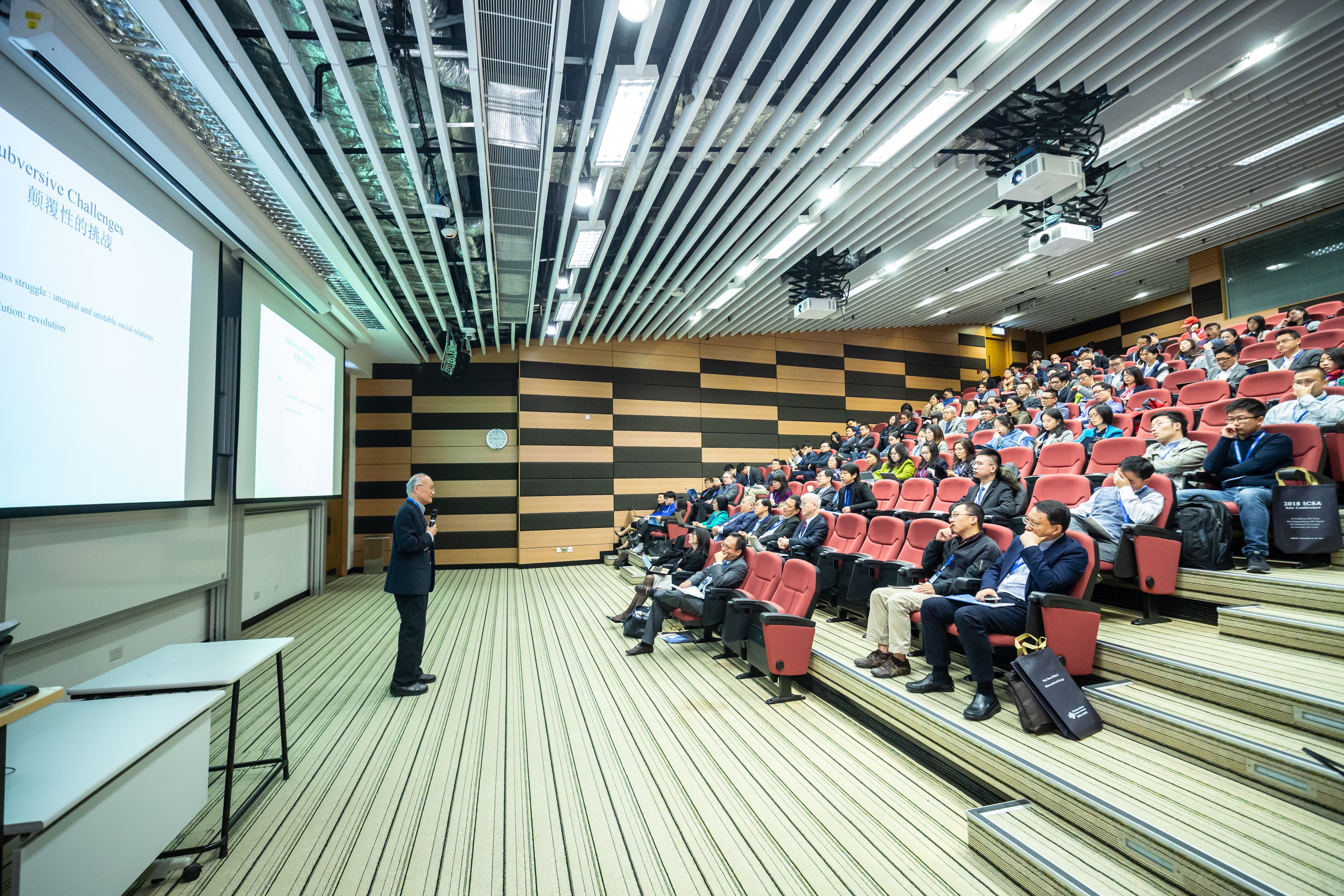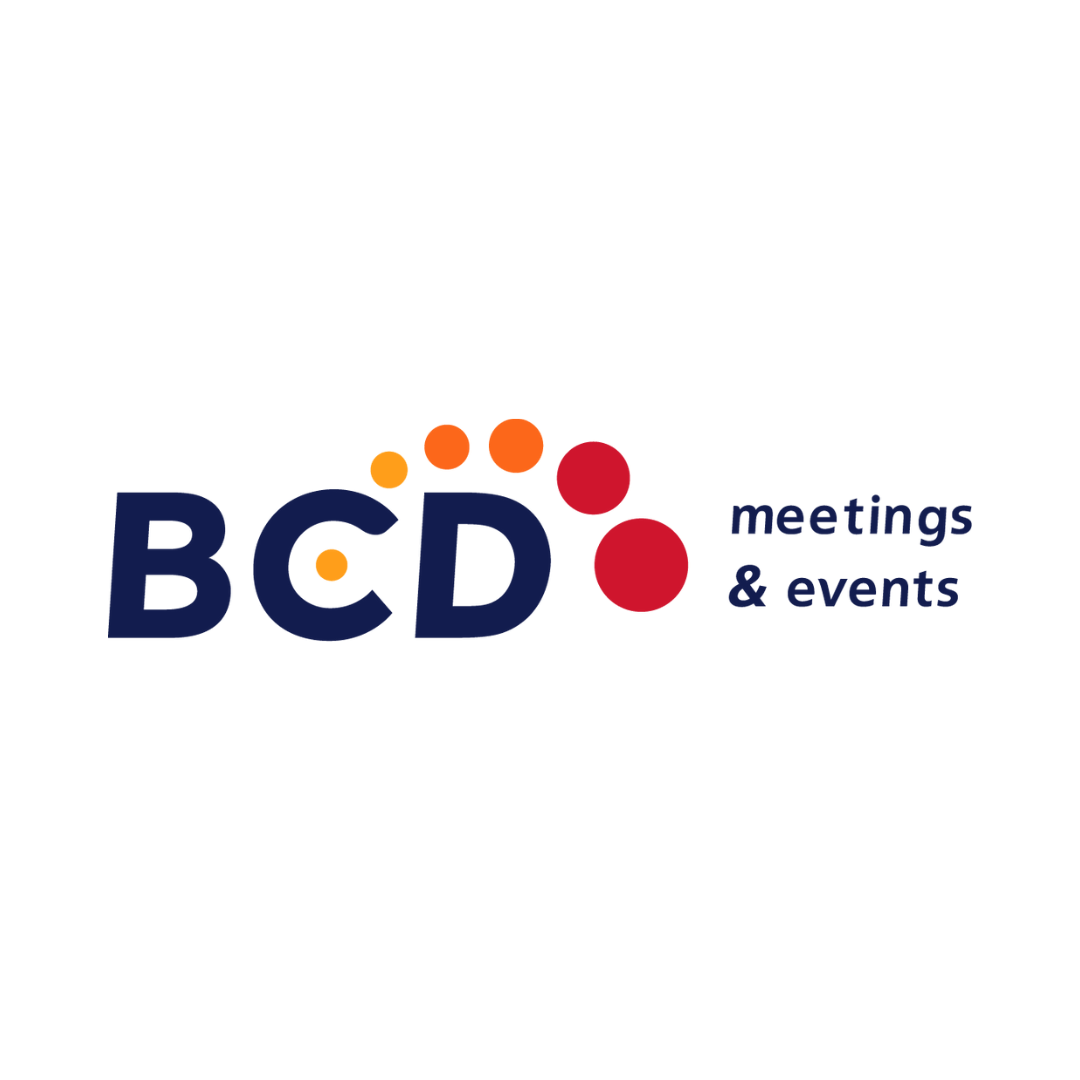In response to HHS-OIG’s November 2020 Special Fraud Alert on speaker programs, the Pharmaceutical Research and Manufacturers of America (PhRMA) has updated its Code on Interactions with Health Care Professionals, which will take effect on January 1, 2022. Given the Code changes and government attention to speaker programs, companies should review their policies and practices and determine whether changes or enhanced control measures are warranted.
Change is hard. And while the recent updates to the PhRMA Code will undoubtedly create angst for stakeholders initially, this evolution is an opportunity to up-level medical communication and speaker programs.
2022 PhARMA code updates explained
These recent Code changes will align it more closely with the OIG’s Special Fraud Alert recommendations. Specifically, there were several areas of a speaker program that the OIG noted could be suspect characteristics, when taken individually or together. Those areas addressed by the OIG and the new Code included speaker selections and utilization practices, whether participants had legitimate reasons for attending, frequency of attendance, the modesty of venues and meals, and the appropriateness of serving alcohol. The OIG Special Fraud Alert has capitalized on the fact that HCPs were participating in virtual programs without meals and alcohol during the pandemic and thus gave reason to believe such programs could be possible post-pandemic.
This new Code, has justifiably put many compliance leaders on alert and caused even the most buttoned-up compliance programs to re-evaluate their internal practices. As a result, our internal compliance and operational teams along with our customers have been working diligently throughout the pandemic to understand client policy changes and adjust, as needed, to align with the 2022 Code rollout.
How will these new regulations affect attendees?
Research shows that professional medical education programs are the meeting type most frequently attended by HCPs. [ 1 ] From years of data on HCP engagement, we know that HCPs attend speaker programs to learn about products/therapeutics and how they can better serve their patients, network with peers, and interact with key opinion leaders.
We believe HCPs will be open to the changes because the core draw is not the venue, the meal or alcohol; it is the educational content. With that in mind, observational data shows the highest level of engagement occurs when speakers tell stories of their experiences. Content which includes more case studies and interactive content within meetings is a key part of that. Accordingly, the medical communications world will need to consider evolving its content to be more engaging and interactive. Life Sciences companies can achieve higher levels of engagement through dynamic presentations, more stories of experiences, and opportunities for HCPs to exchange ideas with each other.
Beyond the individual program enhancements that we believe should be made to improve the delivery of the educational content we believe that speaker bureaus should also be viewed as a unique and practical part of a larger omnichannel strategy. This approach is a crucial differentiator for high-performing speaker bureaus and is a notable departure from the decades long approach to speaker bureau for most organizations, where the bureau has operated in a vacuum, entirely outside the broader mix of tactics utilized to meet product, brand, and educational objectives.
Related article: The Evolution of HCP Meeting Compliance Through the Pandemic
The future of speaker programs
You are not alone in examining the new landscape. Whether it’s related to policy, content delivery or a broader omnichannel strategy BCD M&E can stand alongside you. Specifically, we are poised to address this evolution in three ways. First and foremost, our life sciences center of excellence (LSCOE) team are meetings experts who understand the “why” behind the “what”. They can proactively navigate complex compliance issues while achieving business objectives. Second, we delight in being consultative and tailored to your business needs, adapting when your compliance requirements shift, now and in the future. Finally, we have heavily invested in our media and production teams, who not only produce television-quality digital content but can also be engaged to coach speakers to improve audience engagement.
There is no “one size fits all” approach, and we are here to be a truly consultative and collaborative partner for our clients.
References
[1 ]. American Express Meetings & Events HCP Meeting Study- April 2016
Originally published Dec 13, 2021 11:48:49 AM
Last updated on Dec 28, 2022 11:28:59 AM


